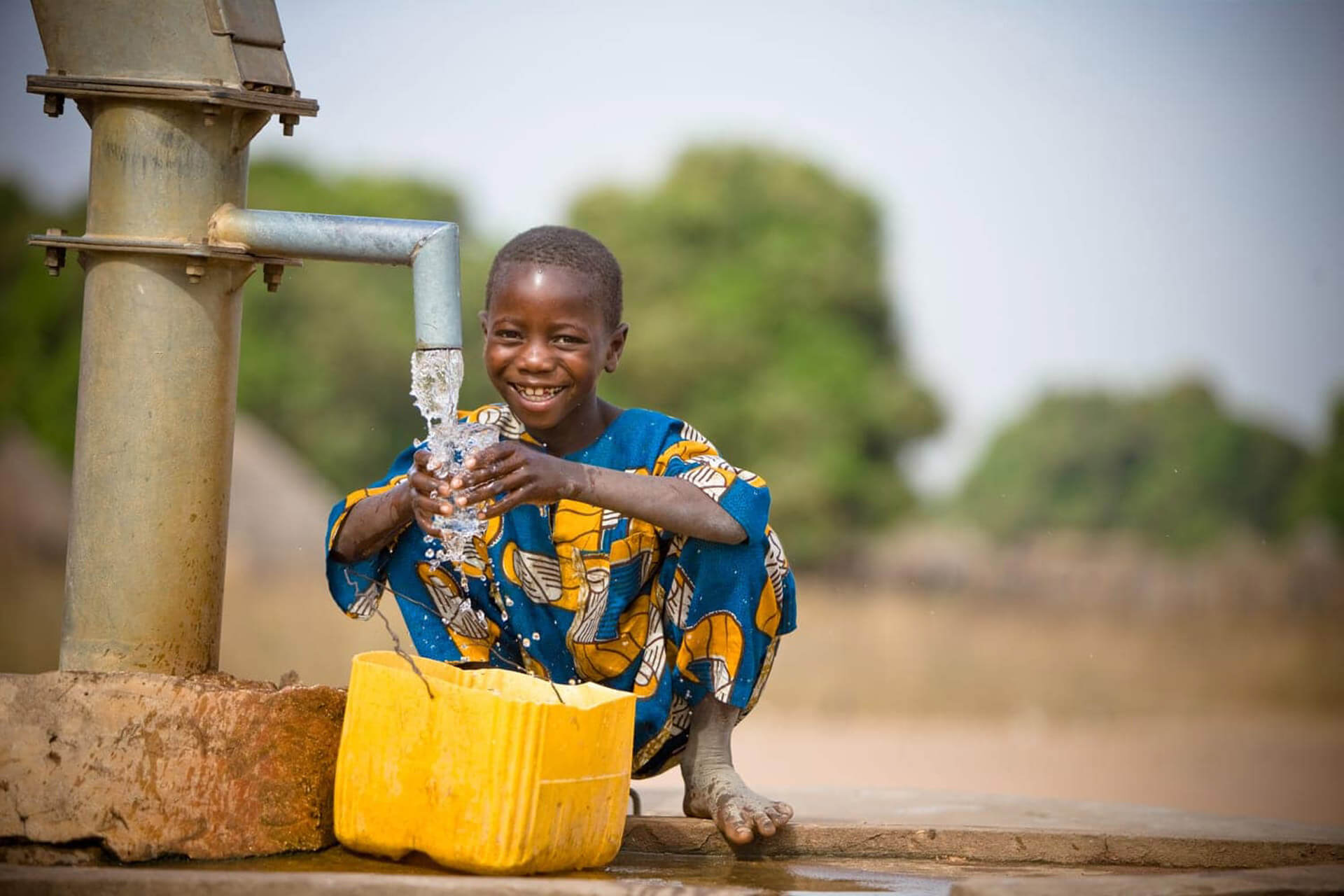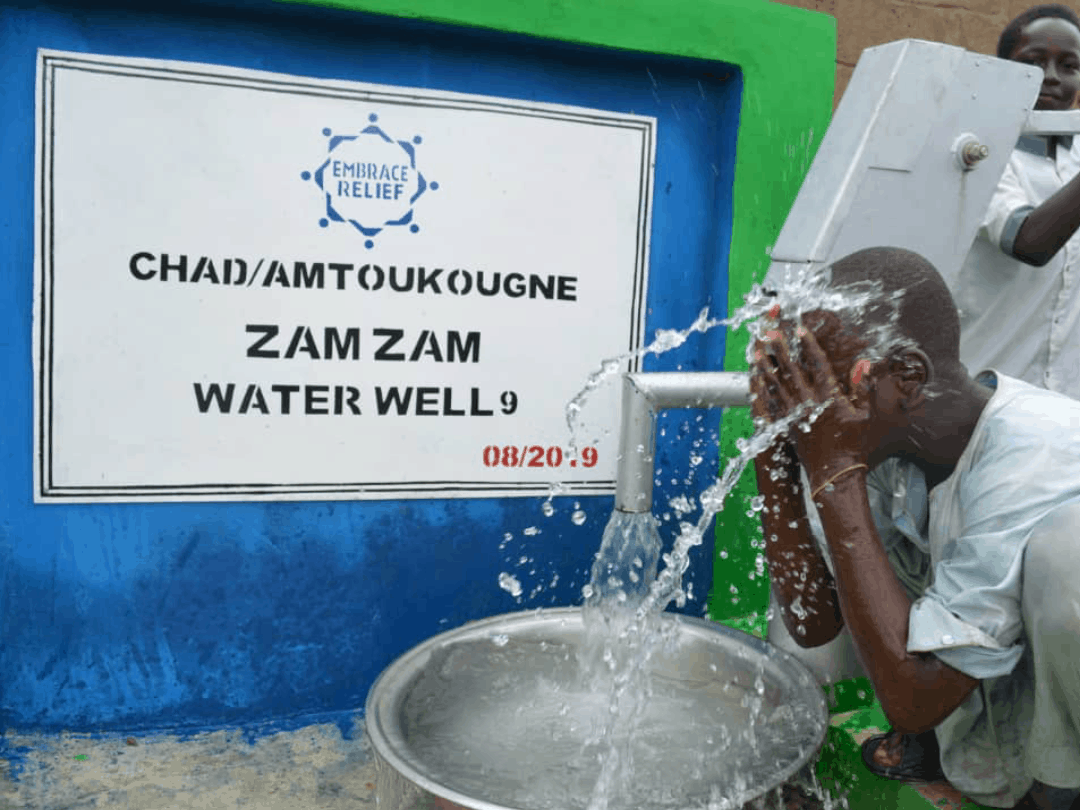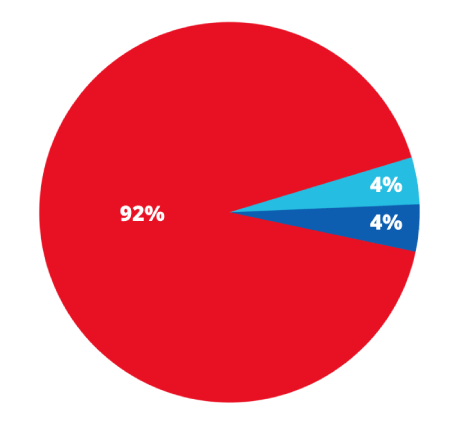In 2015, the United Nations adopted a list of 17 “Sustainable Development Goals” (SDG), providing targets for the world to meet by the year 2030 in order to ensure a livable, more equal planet.
With World Water Day (March 22) nearing on the calendar, it’s a good time to focus on UN SDG 6, “Clean Water and Sanitation.”
It goes without saying that water is crucial for all of us. We need it to drink, to stay clean, to grow food. Unfortunately, the reality is that there are billions of people – one out of every three worldwide, in fact – who do not have easy access to a source of clean, drinkable water. This has a number of harmful effects, including increased disease from contaminated water and unhygienic behaviors, long and dangerous journeys by foot (usually by women and children) to acquire clean water, less agriculture production, and many others.
Solving the clean water crisis will produce healthier people and societies, promote economic growth, support women’s rights, and those benefits will be felt around the world. That’s why the UN and its member countries have signed to Sustainable Development Goal 6, which seeks to accomplish the following by 2030:
- Achieve universal and equitable access to safe and affordable drinking water for all
- Achieve access to adequate and equitable sanitation and hygiene for all and end open defecation, paying special attention to the needs of women and girls and those in vulnerable situations
- Improve water quality by reducing pollution and minimizing the release of hazardous chemicals into the water supply
- Increase water-use efficiency and ensure sustainable withdrawals and supply of fresh water to address scarcity
- Implement integrated water-resource management, including across national borders
- Protect and restore water-related ecosystems including mountains, forests, wetlands, rivers, aquifers and lakes
- Expand international cooperation and build capacity in developing countries for water- and sanitation-related programs
Join our Roundtable Discussion Series and learn how you can help
This is just an introduction to SDG 6. How we achieve these goals is a much more complicated question. To help answer that question and promote a deeper understanding of the clean water and sanitation crisis, Embrace Relief is excited to be holding the first event in its Roundtable Discussion Series on Tuesday, March 22, at 10 a.m. EST.
Titled “Sustainable Fresh Water Systems During COVID-19,” this is a free, streaming-online event (sign-up required at the link above) featuring expert speakers from the world of academia and governments. They’ll discuss the current clean-water conditions in different parts of the world, the challenges faced in overcoming the crisis, and propose novel solutions to provide a better, more equitable future.
Help us provide clean water to those in need
In addition to our Roundtable Discussion Series event, Embrace Relief is working on the ground in Africa to help deliver clean water to people who need it.
To date, our Clean Water program has funded the construction of 450 water wells in the African nations of Chad, Cameroon and Nigeria. Additionally, through our “Fountains of Hope” program, we have located, reconstructed, and reopened 50 out-of-use wells. Altogether, our work has meant that more than 500,000 people now have an accessible source of clean water that previously didn’t exist.
But our job is far from finished, and now we need your support. Donate today to Embrace Relief’s Clean Water program to help us ensure that as many people as possible have access to this vital resource. You can make a huge difference in the lives of real people with just one click.

Donate For Clean Water
**if you choose to donate $1,300, you will ensure the reconstruction of a water well – in your name (or any name you wish!) in Africa





















